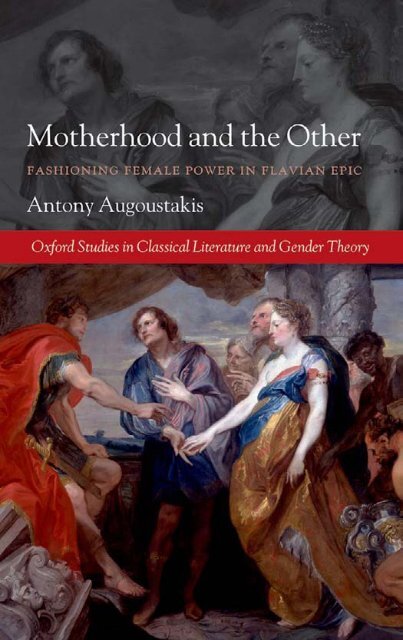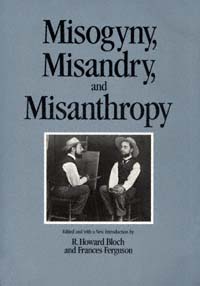The Practice of Patriarchy: Gender and the Politics of Household Authority in Early Modern France By Julie Hardwick

By A Mystery Man Writer
The Practice of Patriarchy examines the lives of notaries and their families in the French city of Nantes during the sixteenth and seventeenth centuries. Making creative use of judicial and notarial records, Julie Hardwick brings to life a little-known aspect of early modern culture: the daily experience of middling urban families—from work to family to neighborhood to involvement in local politics. Hardwick explores the unique position of notaries as recorders and orderers of the hierarchies of daily life. Notaries functioned as a nexus where the political, legal, social, and economic met. They mediated between state and subject, between literate and oral cultures, between borrowers and lenders, and between men and women. For middling urban families such as these, gender and household relations were at the heart of their own personal lives as well as their public actions. From the work of notaries, to household and kin relations, to local networks of credit and sociability, to public life and political culture, Hardwick delineates the complex hierarchies through which men and women defined their roles, their families, and their communities. The Practice of Patriarchy is ideal for courses in women’s history and early modern European history.

Motherhood and the Other - Historia Antigua

Women before the court: Law and patriarchy in the Anglo-American world, 1600–1800

References - A Companion to Women in the Ancient World - Wiley Online Library

PDF) Single Women and the Rural Credit Market in Eighteenth

Julie Hardwick (@jholwell6) on Threads

PDF) The Civil Judicial System in Early Modern France

Coverture: Married Women and Legal Personhood in Britain – DIG

Misogyny, Misandry, and Misanthropy

Gender, sex and social control : East Lothian, 1610-1640









